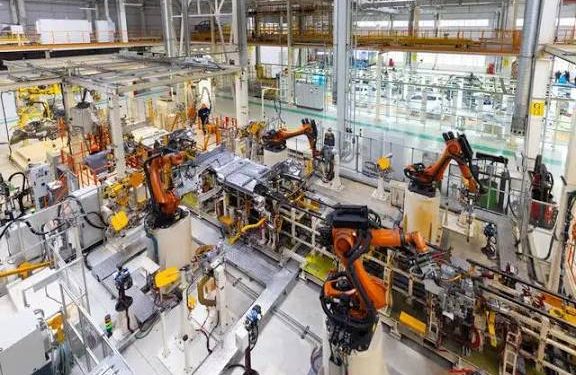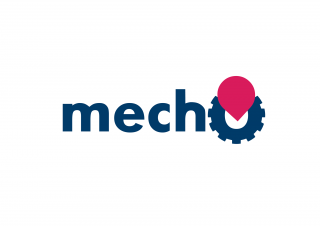The Nigeria Customs Service (NCS) has announced major relief for manufacturers and critical sectors of the economy by exempting raw materials, spare parts, and certain machinery from the four per cent Free on Board (FOB) levy.
The decision was contained in a communique jointly signed on Friday by the Comptroller-General of Customs and the President of the Manufacturers Association of Nigeria (MAN) following high-level consultations in Ikeja, Lagos. According to the statement, the exemption was approved after discussions with the Minister of Finance and the Coordinating Minister of the Economy and targets imports vital to industrial production, aviation, and healthcare.
Importers of commercial airline spare parts will now benefit from the exemption, as will manufacturers importing raw materials, machines, and spare parts listed under Chapters 98 and 99 of the Customs Tariff. Those already covered under these chapters are advised to apply for pre-release of consignments to avoid demurrage charges. Manufacturers whose imports are not currently listed under these chapters will also be onboarded swiftly to ensure they benefit from the waiver.
To achieve this, MAN, the NCS, and the Federal Ministry of Finance will immediately begin a tripartite consultation to design modalities for the onboarding process. In addition, manufacturers who have already paid the levy but are not yet onboarded under Chapters 98 and 99 will have those payments credited to their accounts and applied to future customs transactions once the onboarding is complete.
The exemptions also apply to government projects with Import Duty Exemption Certificates, goods imported for humanitarian or life-saving purposes, and beneficiaries of the Presidential Initiative aimed at strengthening Nigeria’s healthcare value chain.
The Customs Service described the move as part of its ongoing efforts to support key sectors of the economy while maintaining its revenue responsibilities. It said further trade facilitation measures are underway, including the creation of one-stop-shop frameworks to streamline regulatory processes, reduce bureaucratic delays, and cut down on unnecessary checkpoints that raise operational costs without delivering value.
Other planned reforms include integrating digital solutions to speed up trade processing and improve security, deploying technology-driven systems for real-time clearance, and implementing automated risk assessment tools to reduce compliance costs for legitimate businesses.
MAN welcomed the initiative and praised the introduction of the Authorised Economic Operator scheme, which grants compliant traders special clearance privileges. The association, however, called for clearer guidelines to allow more manufacturers to qualify for the scheme.
Both organisations agreed to deepen collaboration through regular consultations, proactive engagement on policy changes, real-time feedback mechanisms, and periodic reviews to assess progress and identify new areas of cooperation.
The move marks a significant step toward reducing the cost of doing business in Nigeria, enhancing industrial productivity, and supporting the growth of the aviation and healthcare sectors. For MSMEs and manufacturers, the removal of the 4 per cent levy on critical imports could ease financial pressure, improve access to essential inputs, and boost competitiveness in both local and export markets.
By aligning revenue goals with industrial growth priorities, the Customs Service and MAN have signaled a shared commitment to building a stronger, more resilient manufacturing sector capable of driving inclusive economic growth.










